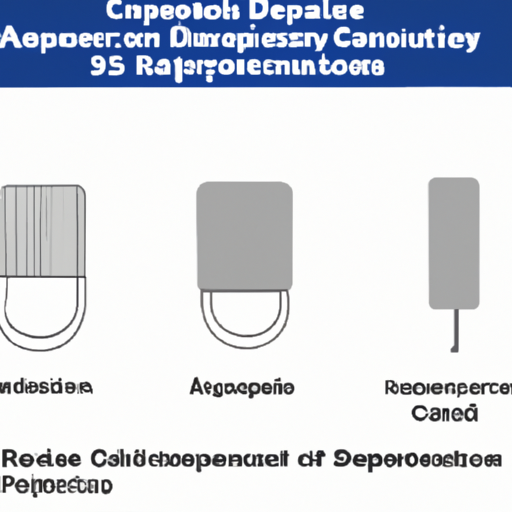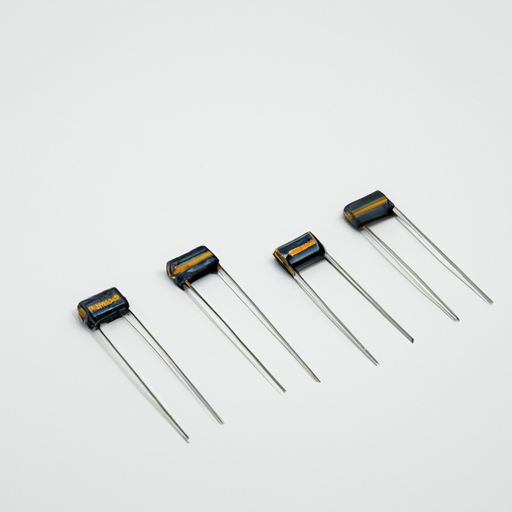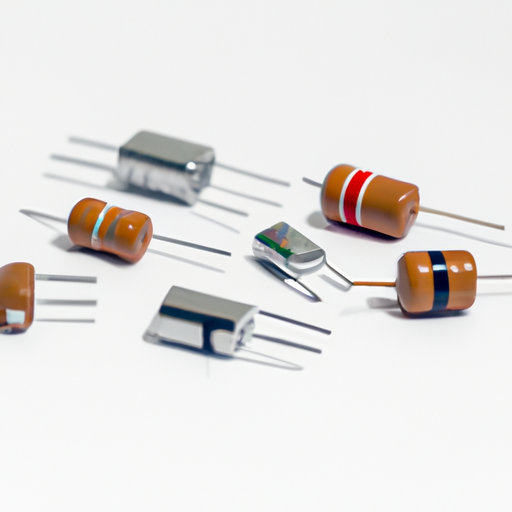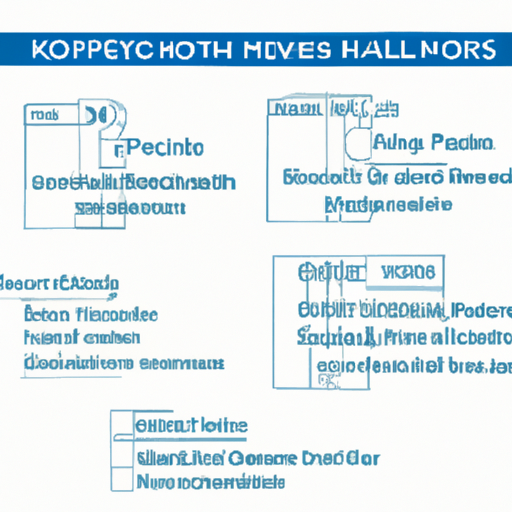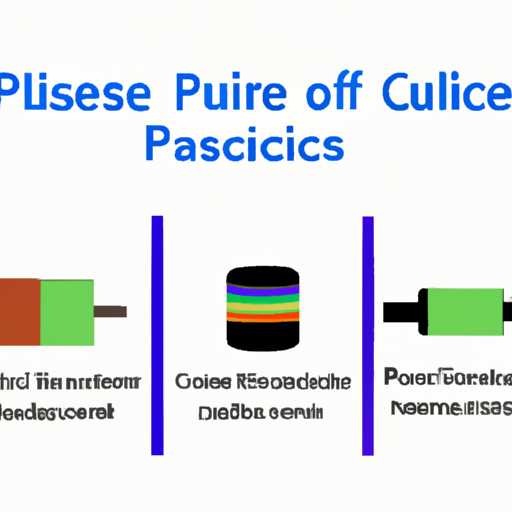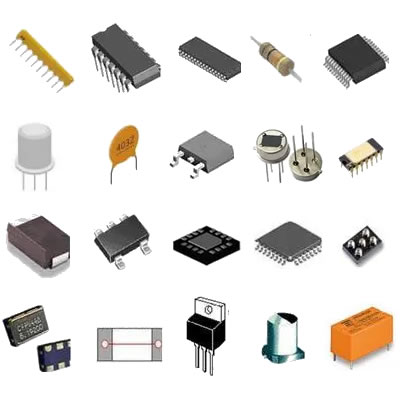application development in Capacitors for CFR-12JB-52-110R: key technologies and success stories
Application Development in Capacitors for CFR-12JB-52-110R: Key Technologies and Success Stories
Developing applications for capacitors like the CFR-12JB-52-110R involves a comprehensive understanding of both the technical specifications of the component and the broader context of application development. Below is an overview of key technologies and success stories related to capacitor application development.
Key Technologies
1. **Capacitor Types and Specifications**:
- The CFR-12JB-52-110R is a ceramic capacitor characterized by its high stability, low loss, and a specific capacitance value (110 pF) with a voltage rating of 50V. Understanding its temperature coefficient and dielectric properties is crucial for effective application design.
2. **Circuit Design**:
- Capacitors are integral in various applications such as filtering, decoupling, and energy storage. Mastery of circuit design principles, including RC (resistor-capacitor) circuits, is essential for integrating capacitors effectively into electronic systems.
3. **Simulation Software**:
- Tools like SPICE (Simulation Program with Integrated Circuit Emphasis) enable developers to simulate circuit behavior before physical implementation. This aids in optimizing designs and ensuring reliability, particularly in complex applications.
4. **Embedded Systems**:
- Many applications involve microcontrollers or microprocessors. Understanding how capacitors interact with these systems, especially in power supply circuits, is vital for ensuring stable operation and performance.
5. **Power Management**:
- Capacitors are crucial in power management systems, including energy harvesting and storage solutions. Technologies like supercapacitors and hybrid energy storage systems are increasingly relevant in modern applications.
6. **IoT and Smart Devices**:
- The rise of the Internet of Things (IoT) has led to innovative applications where capacitors are used in energy-efficient designs, enabling longer battery life and improved performance in smart devices.
7. **Automotive Applications**:
- Capacitors are critical in automotive electronics, including powertrain control, infotainment systems, and advanced driver-assistance systems (ADAS). Familiarity with automotive standards and requirements is essential for successful application development.
Success Stories
1. **Consumer Electronics**:
- Companies like Apple and Samsung have successfully integrated high-performance capacitors in their devices to enhance battery life and improve audio quality. The use of advanced capacitors in smartphones has led to thinner designs without compromising performance.
2. **Renewable Energy Systems**:
- In solar energy systems, capacitors are used for smoothing out voltage fluctuations and improving the efficiency of inverters. Companies developing solar inverters have reported increased efficiency and reliability through the use of high-quality capacitors.
3. **Electric Vehicles (EVs)**:
- The automotive industry has seen significant advancements with the integration of capacitors in EVs. For instance, Tesla uses capacitors in their battery management systems to ensure stable performance and longevity of battery packs.
4. **Medical Devices**:
- Capacitors are crucial in medical devices for filtering and stabilizing power supplies. Companies developing portable medical devices have leveraged capacitors to enhance performance and reliability, leading to successful product launches.
5. **Telecommunications**:
- In telecommunications, capacitors are used in signal processing and power supply circuits. Companies like Cisco and Ericsson have utilized capacitors to improve the performance of their networking equipment, resulting in better data transmission rates and reliability.
Conclusion
The development of applications involving capacitors like the CFR-12JB-52-110R requires a blend of circuit design knowledge, material understanding, and familiarity with the specific requirements of the target application. Success stories across various industries highlight the importance of capacitors in enhancing performance, efficiency, and reliability in modern electronic devices. As technology continues to evolve, the role of capacitors will remain critical in driving innovation across multiple sectors, ensuring that they meet the demands of future applications.

